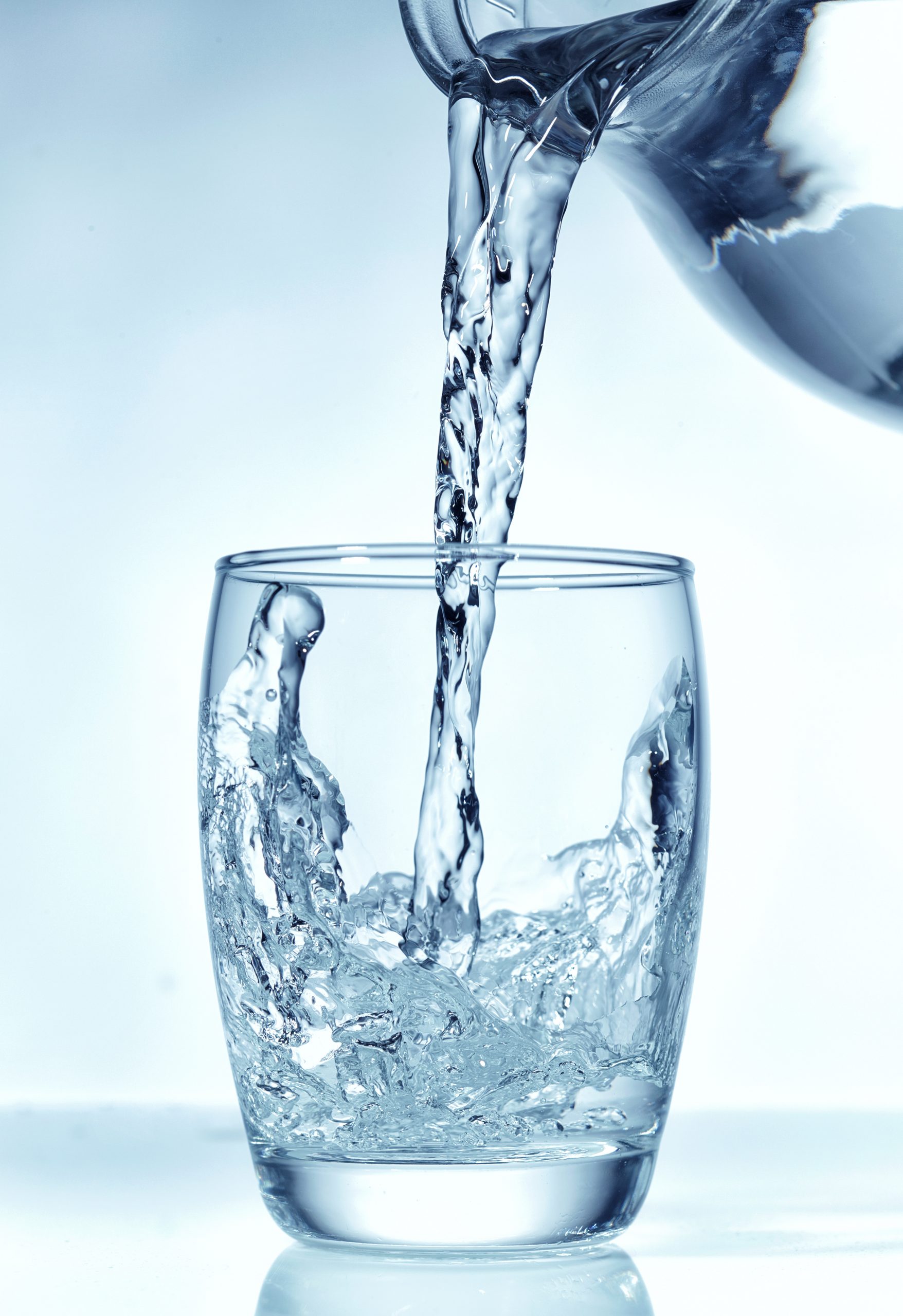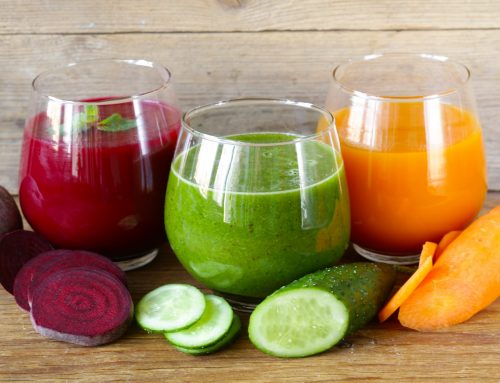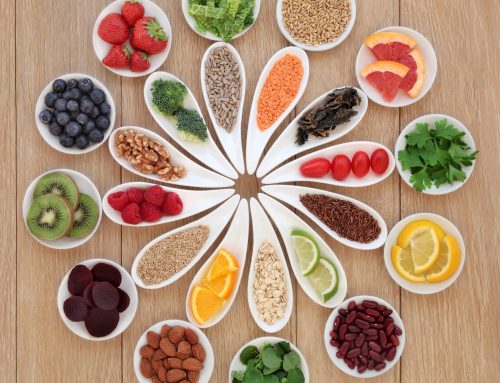It is a common knowledge that water is essential to our survival. Why is water so important? Because water can be found in every cell, tissue, and organ of our body, reports the Center for Disease Control and Prevention. Water accounts for about 60% of our body weight.
According to the U.S. National Library of Medicine, water plays an important role in the following functions:
- Water is part of the fluid around our joints and saliva is comprised largely of water. Because of this, water is largely responsible for lubrication in our body.
- Water is necessary for perspiration, which is the means by which our body regulates its temperature.
- Water assists in moving food through the intestines, and is important in avoiding constipation.
Additionally, the Mayo Clinic adds the following functions to water’s many uses:
- Toxins are removed from organs by water.
- Nutrients are carried into cells by water.
- Ears, nose, and throat are kept moist by water.
How Much Water Does the Body Need to Stay Hydrated?
Because of the various roles played by water in keeping our body functioning optimally, staying hydrated is incredibly important. Even if you are only slightly dehydrated, you can suffer from symptoms such as fatigue, explains the Mayo Clinic.
How much water is needed to keep the body hydrated? Can we trust the commonly believed advice of eight glasses each day?
Well, it may not be so simple.
According to research performed by the Department of Nutrition at the University of South Carolina, it isn’t possible to offer one generalizable rule concerning water intake for everyone because of the different factors which determine how much water each individual needs each day.
Still, there are several trusted sources which offer rough estimates of the necessary daily water intake the body needs:
- The S. National Library of Medicine suggests drinking to thirst, with a goal of consuming 91 to 125 fluid ounces of water each day. Foods and non-water beverages can play a role in meeting this goal.
- Men need an estimated 100 ounces of water each day and women an estimated 75 ounces for the body to function well, according to theMayo Clinic.
- TheCenter for Disease Control and Prevention does not suggest a minimum water intake, but recommends that individuals always drink when thirsty. Physically active individuals should drink extra water before, during, and after exercise, and individuals living in a hot climate should aim to drink extra water each day. Additionally, if you are suffering from a fever, vomiting, and diarrhea it is very important that you drink more water than normal.
- In contrast to other sources, theOffice on Women’s Health does not recommend using thirst as a measure for how much water should be consumed each day. Instead, it suggests aiming for six to eight glasses of fluid each days, which adds up to around 2 liters. Pregnant women should drink closer to 10 glasses each day, and breastfeeding mothers need about 13 glasses.
- TheCleveland Clinic points out the babies under six months should never be given water, their hydration needs are met solely by breastmilk and formula. Typically, children self-regulate their water intake well but may need extra water due to an increased activity level.
- A handout provided by theDepartment of Nutrition at the University of Georgia explains that older adults do not require more water than the average individual but may struggle with dehydration because of an inadequate water intake.
Increasing Water Intake
Increasing water intake can be simplified by following a few suggestions, as provided by the CDC:
- Keep a water bottle with you when you are exercising or on the go.
- Replace sugary beverages with water when possible. This can not only help you to stay hydrated, but also save you money and calories!
- If the taste of water is bothersome or boring to you, add a slice of lemon or lime to give it some flavor.
- Keep freezer-safe water bottles in your freezer so you have access to cold water at all time.
Disclaimer
These statements and products have not been evaluated by the food and drug administration “FDA” and are not intended to diagnose treat, cure or prevent any disease. The products, nutrition, and or lifestyle suggestions on this site, or in this blog or any of its written content, you should always consult your primary care physician before taking any of these things into consideration.





